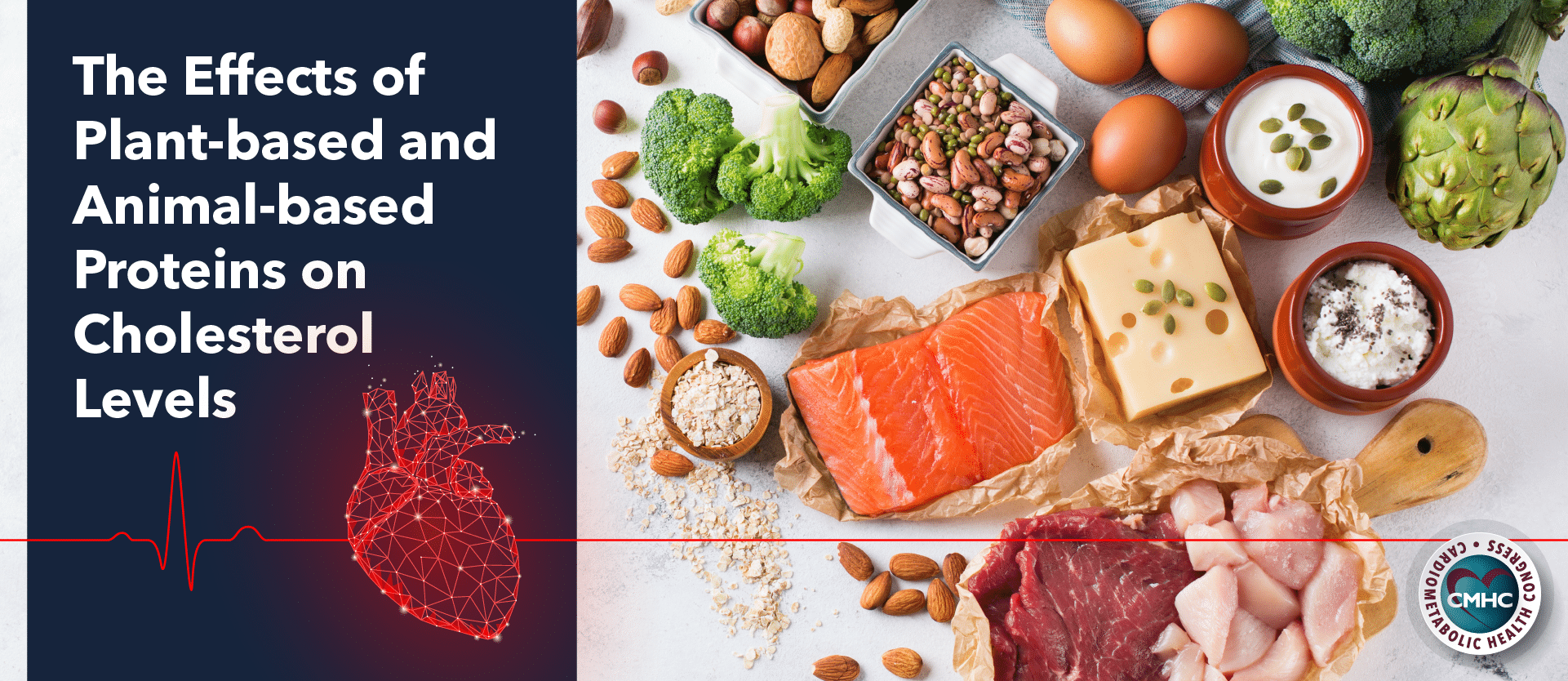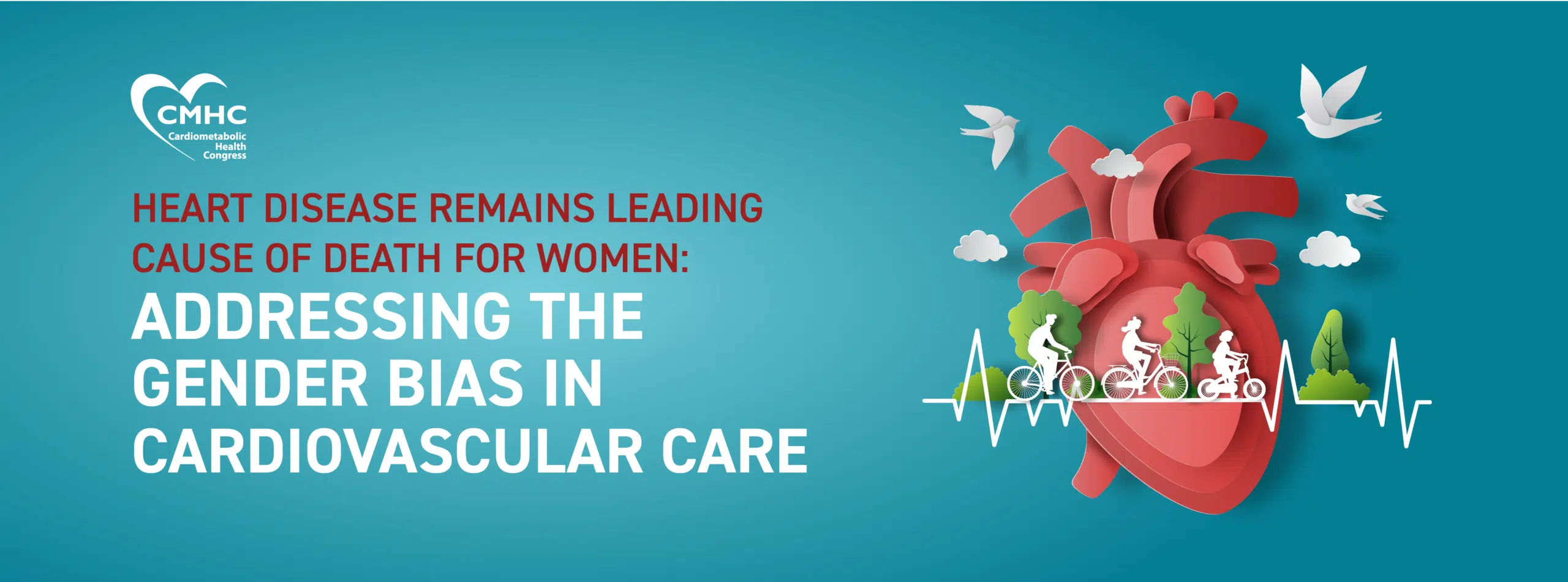In an era of increasingly varied diet plans and nutritional alternatives, the debate concerning animal-based versus plant-based diets for optimal health outcomes is as pertinent as ever. While the dangers of excessive saturated fat consumption are well-known, the full extent of complications related to animal-based, fat-rich diets such as Western-style eating remains under examination. According to recent research published in The American Journal of Clinical Nutrition, previously held beliefs and recommended nutritional guidelines may need to be reevaluated.
The Effects of Animal-based V.S. Plant-based Protein Sources
The new study led by scientists at Children’s Hospital Oakland Research Institute examined the differing effects of consuming animal-based versus plant-based proteins. Researchers found that eating white meat poultry may raise low-density lipoprotein levels in the same way as red meat, resulting in an elevation in bad cholesterol irrespective of saturated fat consumption. The identical effects on cholesterol were surprising to researchers, who had expected red meat to have significantly more adverse effects than chicken.
Researchers discovered higher blood cholesterol levels related to both animal-based proteins compared to plant-based diets. Additionally, saturated fat consumption increased cholesterol levels to the same extent with all three protein sources, although the study did not include grass-fed beef, processed meat products, or fish. Further research is necessary to evaluate the effects of different protein sources on cholesterol levels and to determine the full range of the potential harmful effects of poultry consumption.
Furthermore, the study found that excess saturated fat consumption led to increased concentrations of large LDL particles– as did red and white meat diets – which are less often related to cardiovascular disease risk than smaller LDL particles. These findings indicate the use of standard LDL cholesterol tests, which primarily reflect larger LDL particle levels, as a measure of CVD risk may result in overestimated risk calculation for individuals with higher meat and saturated fat intakes.
Nutritional Guidelines and Recommendations
While the consumption of red meat has decreased in popularity due to concerns over its association with cardiovascular disease, dietary guidelines still recommend poultry as a better alternative to red meat. In part, this results from the lack of a comprehensive comparison of animal-based versus plant-based protein diets on levels of blood cholesterol until the publication of this research. The results contradict current nutritional guidelines that promote eating poultry over red meat and implicate the benefits of increased vegetable consumption. Non-animal based proteins such as dairy, legumes, and vegetables provide the best cholesterol benefit, according to the research team.
Furthermore, current nutritional recommendations and health guidelines may need to be revised to reflect this new discovery. Prevailing advice to restrict red meat and not white meat based on detrimental effects on blood cholesterol should be revisited, as evidence reveals other effects of red meat consumption may contribute to cardiovascular risk. To guarantee beneficial diet recommendations and improve health outcomes population-wide, these adjunct effects need to be explored in more detail.


















